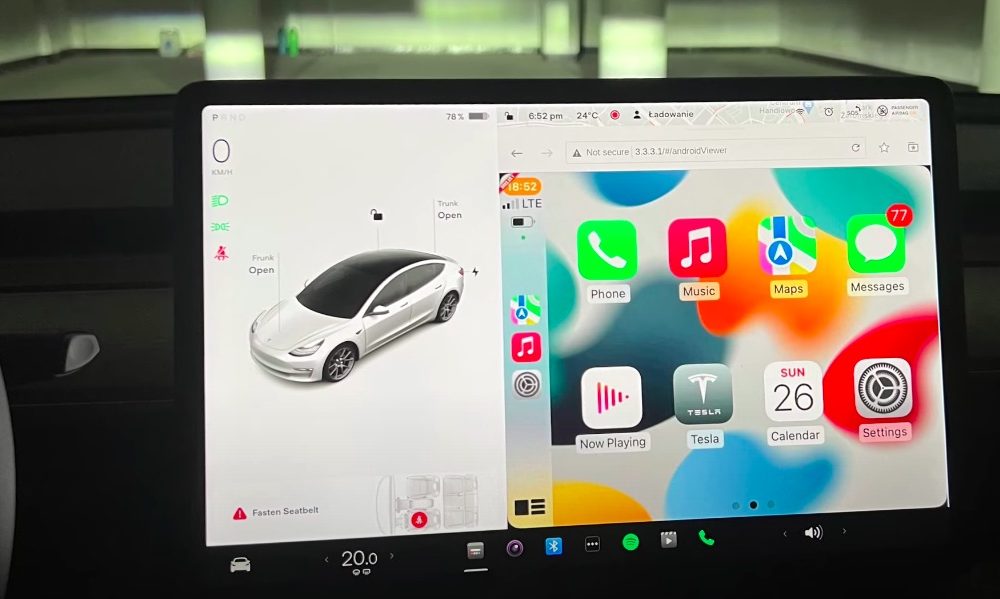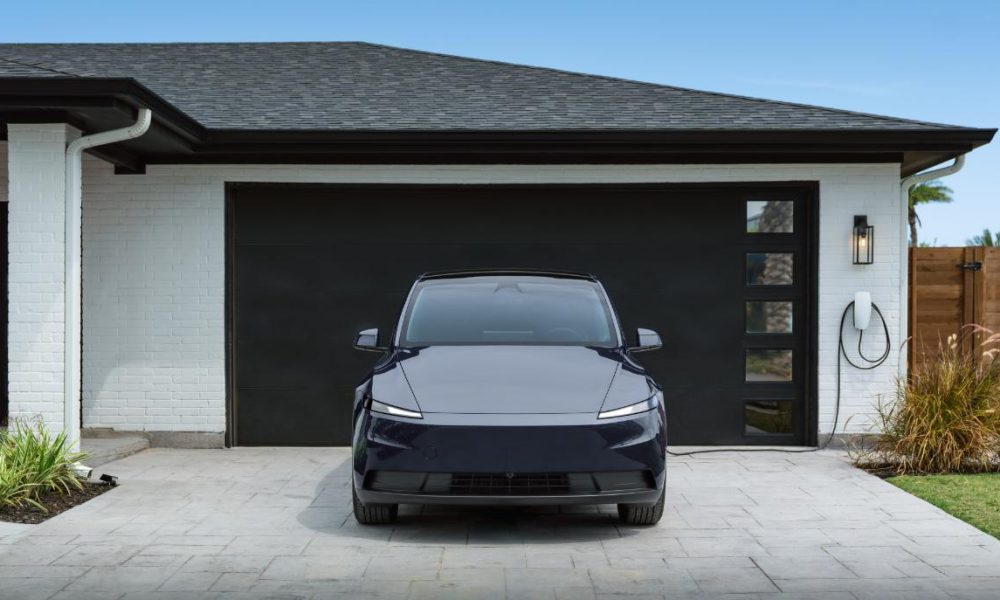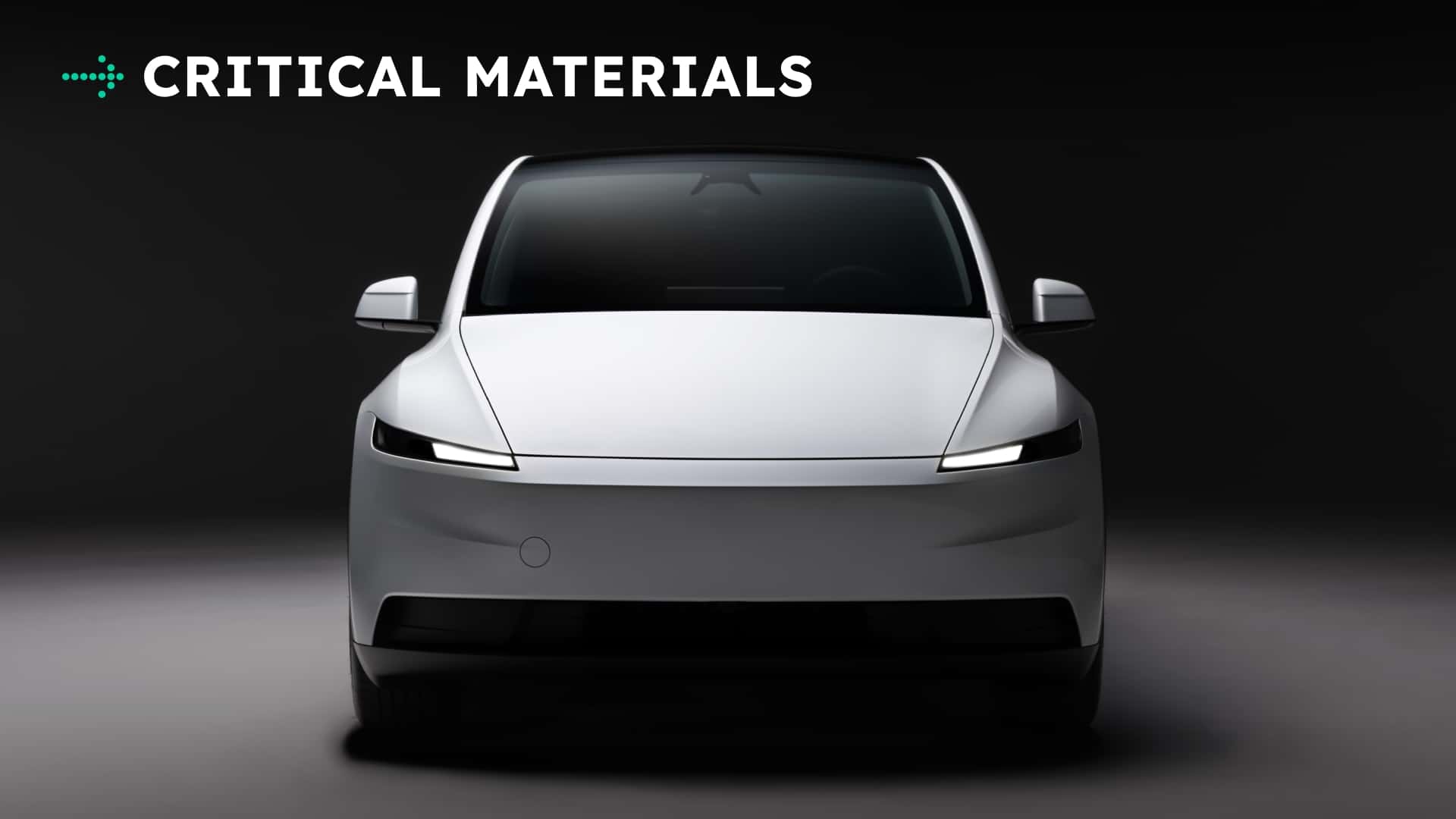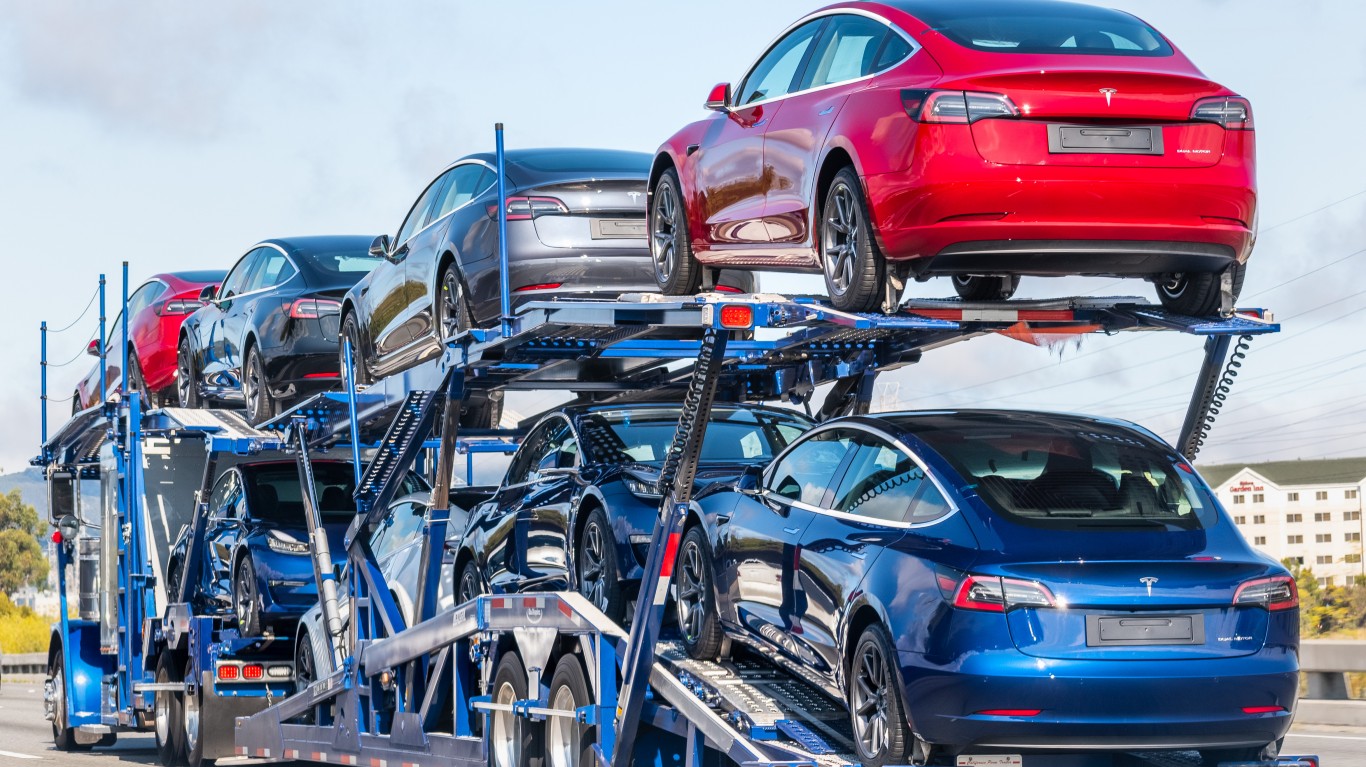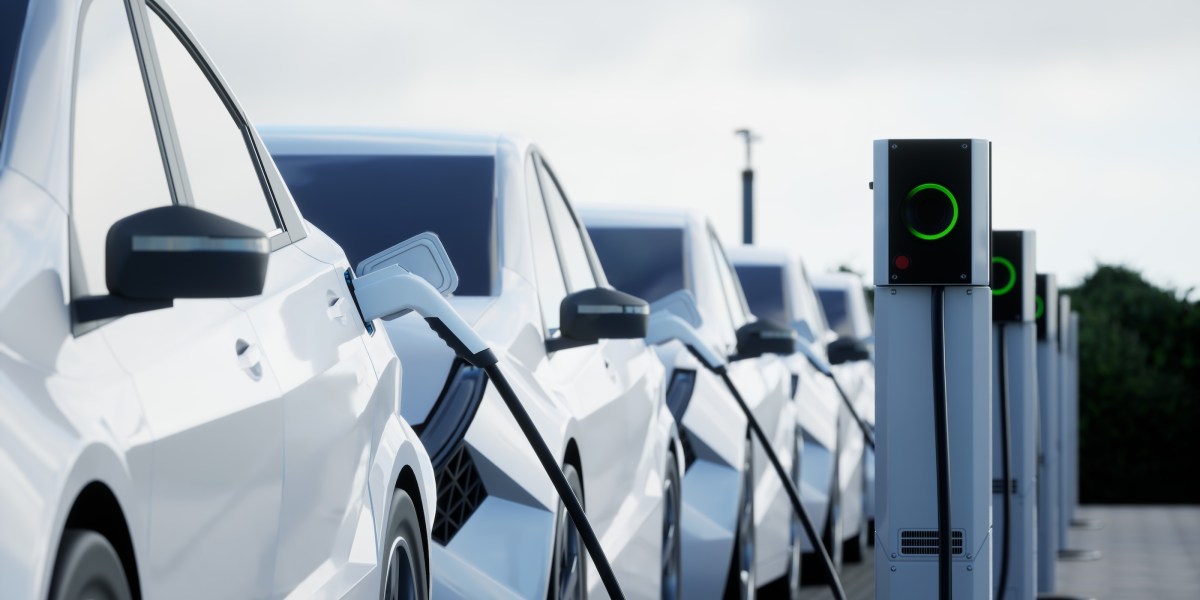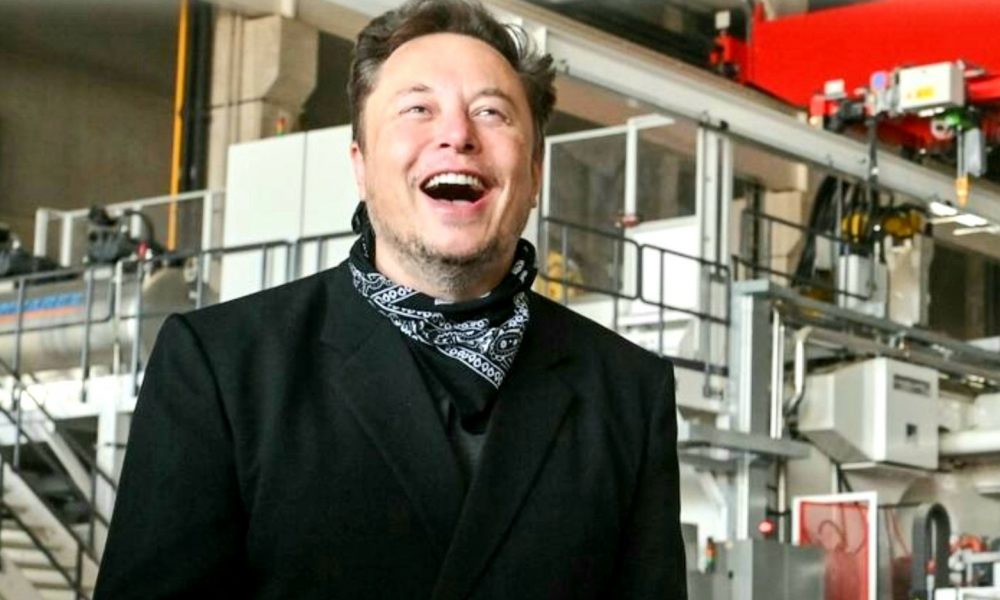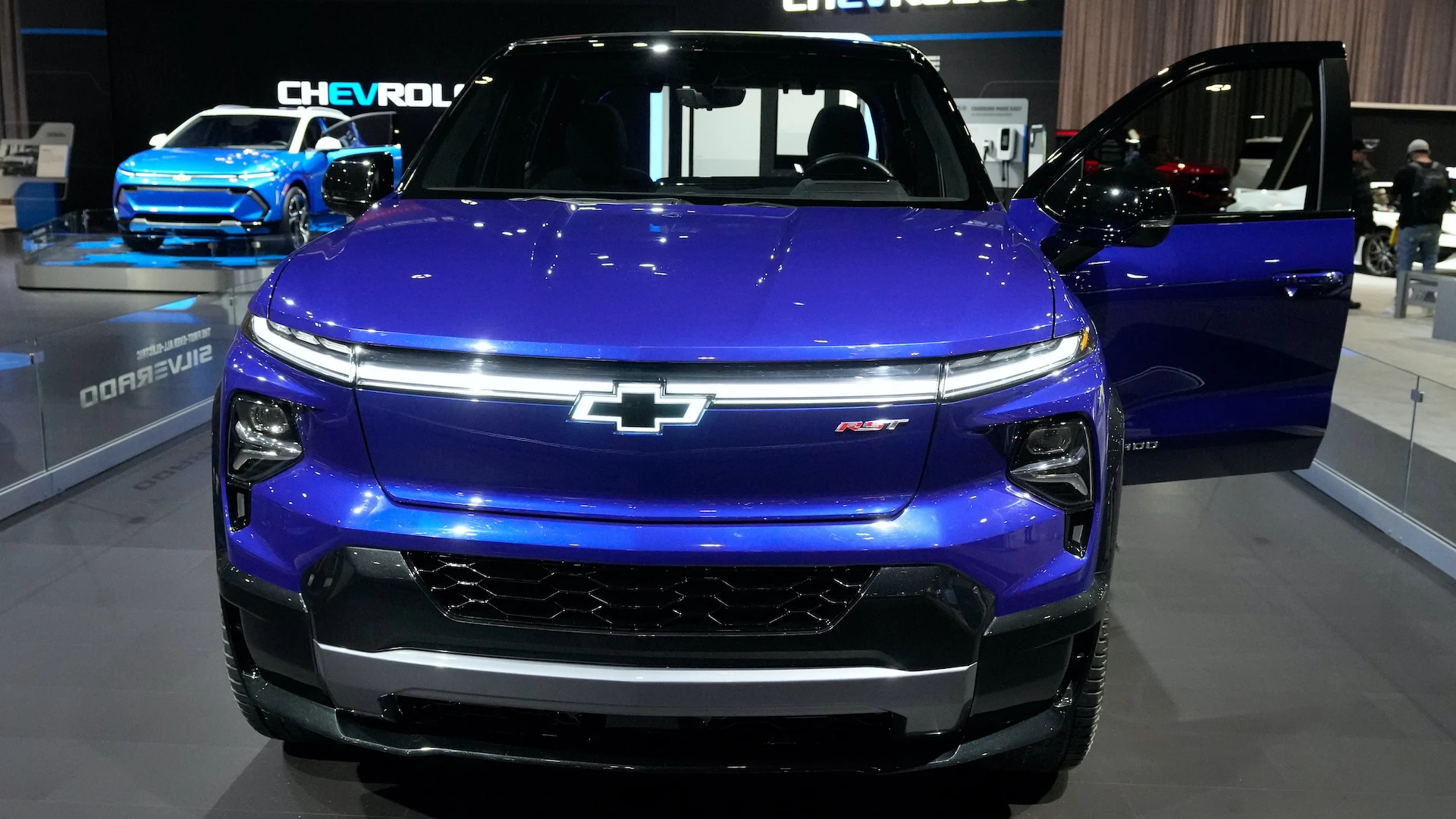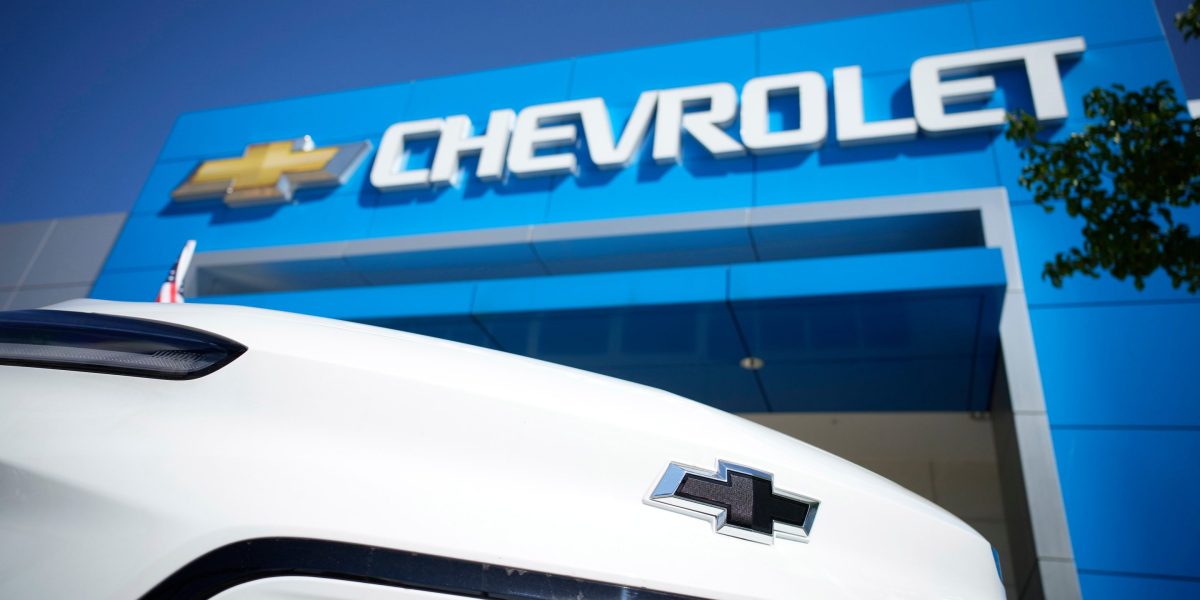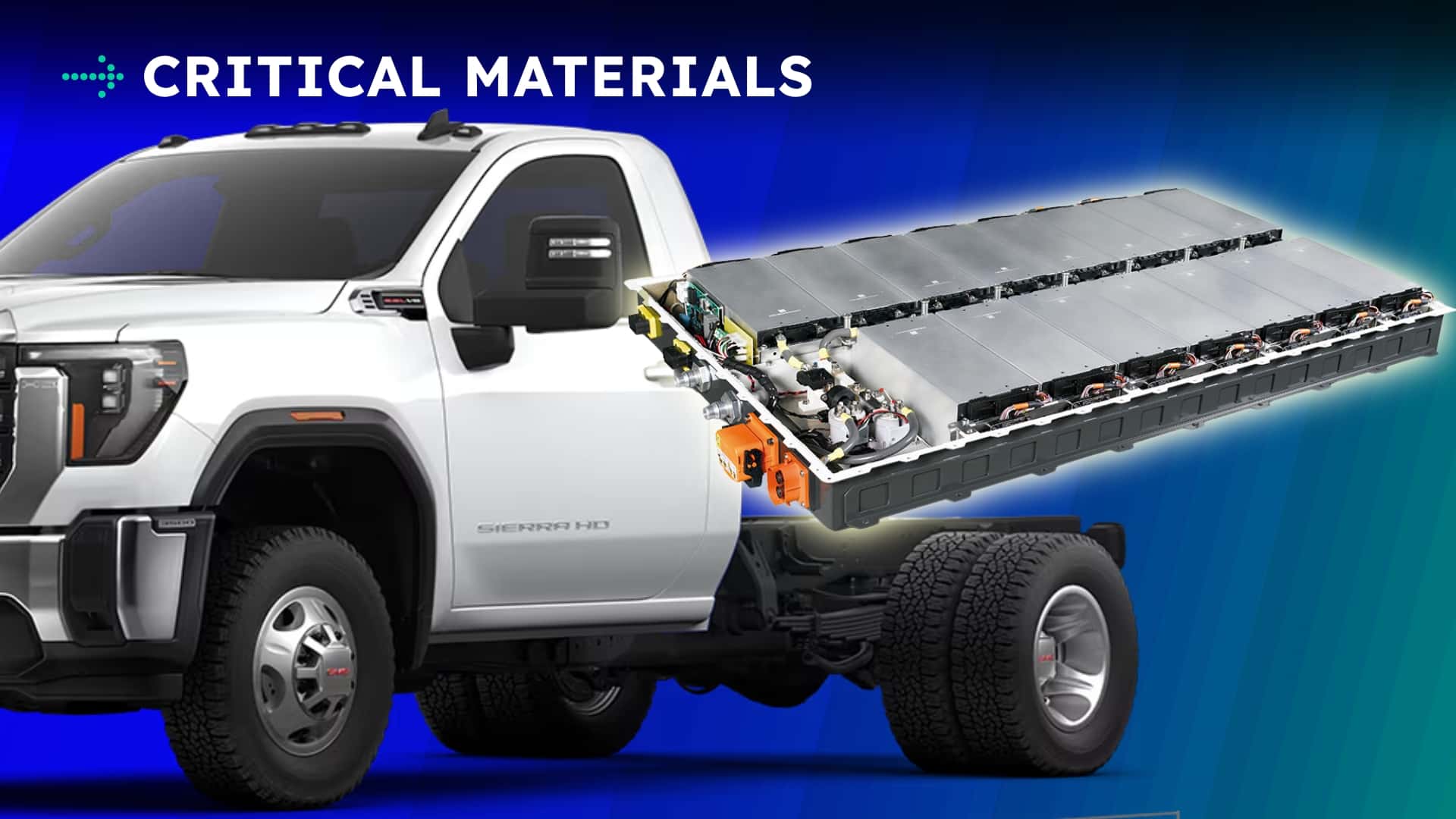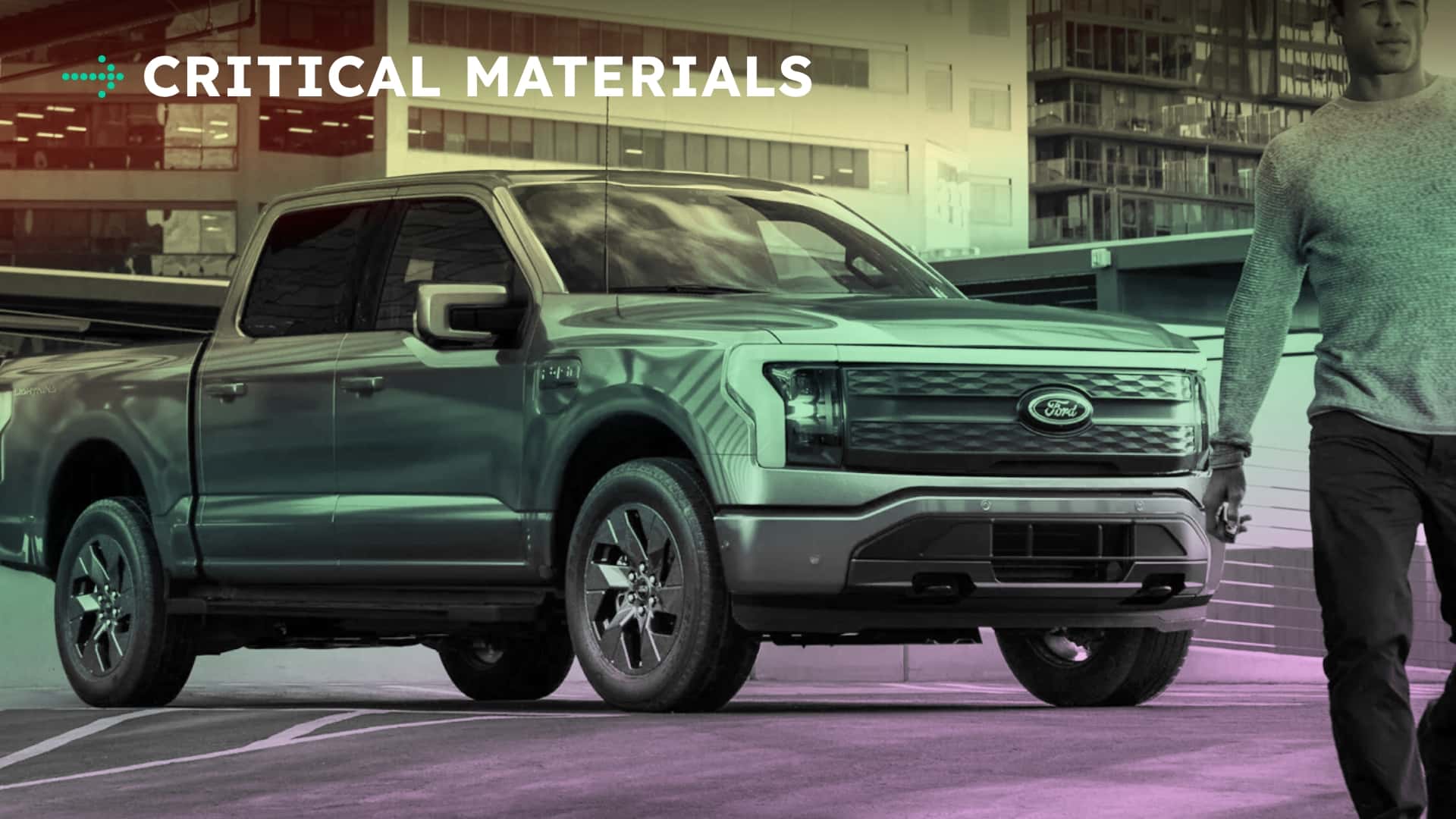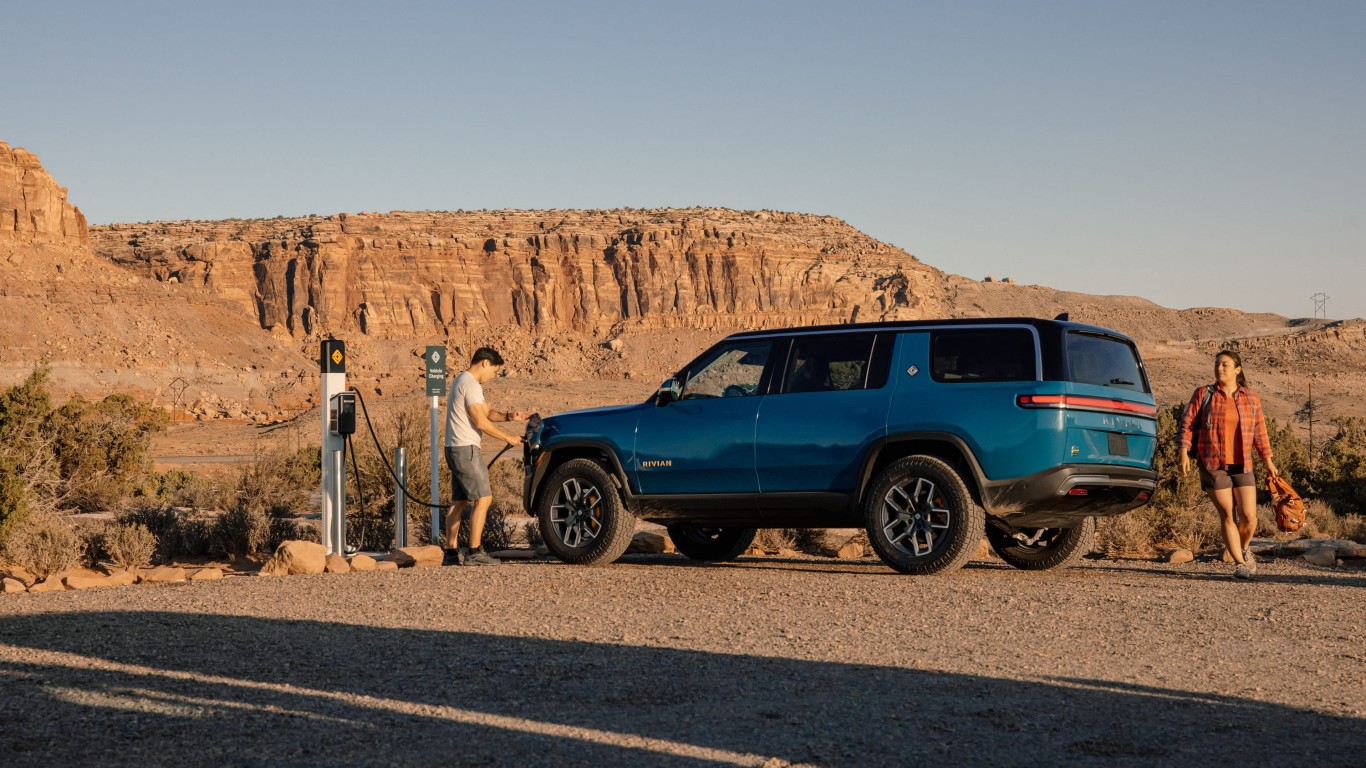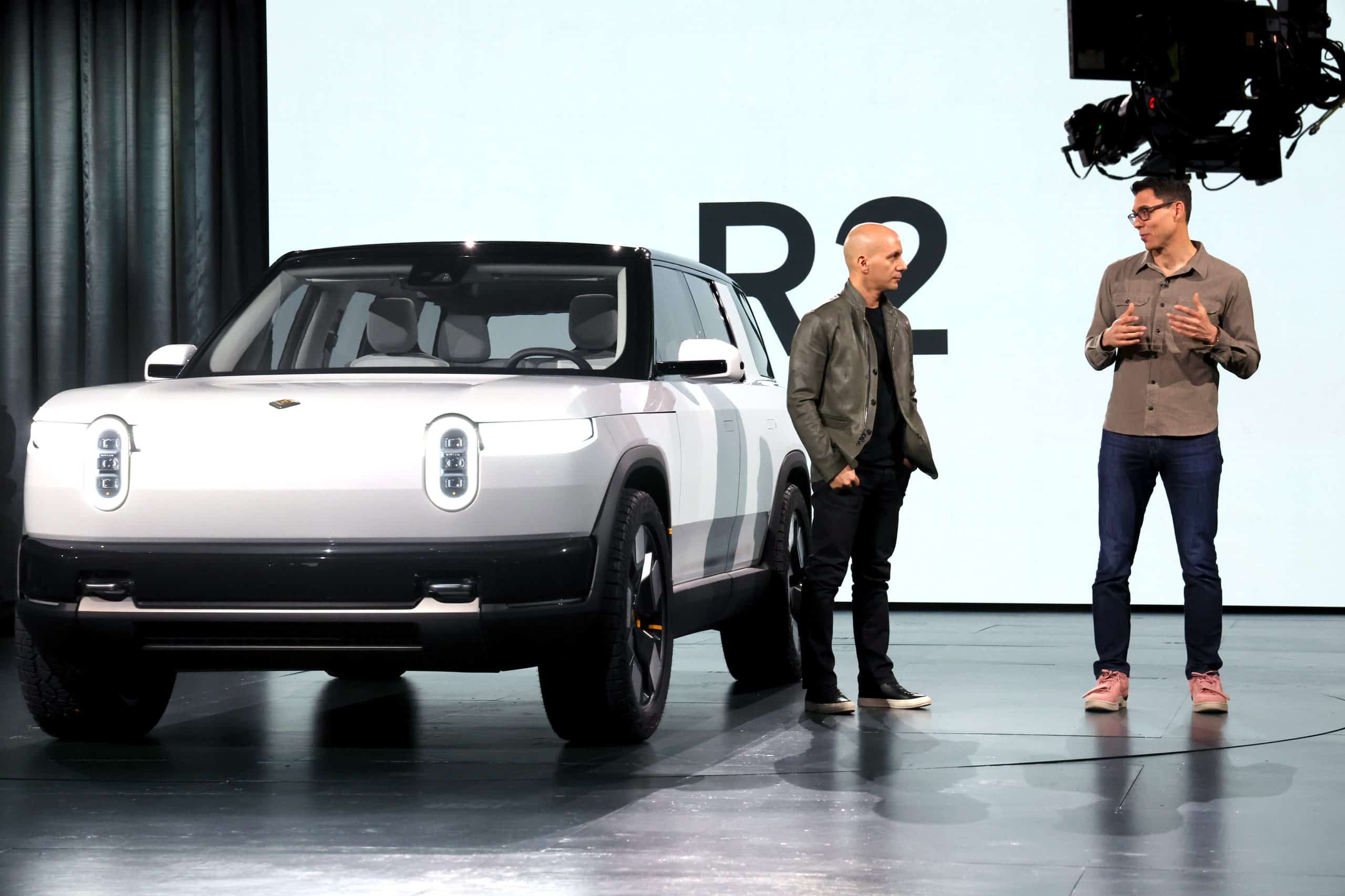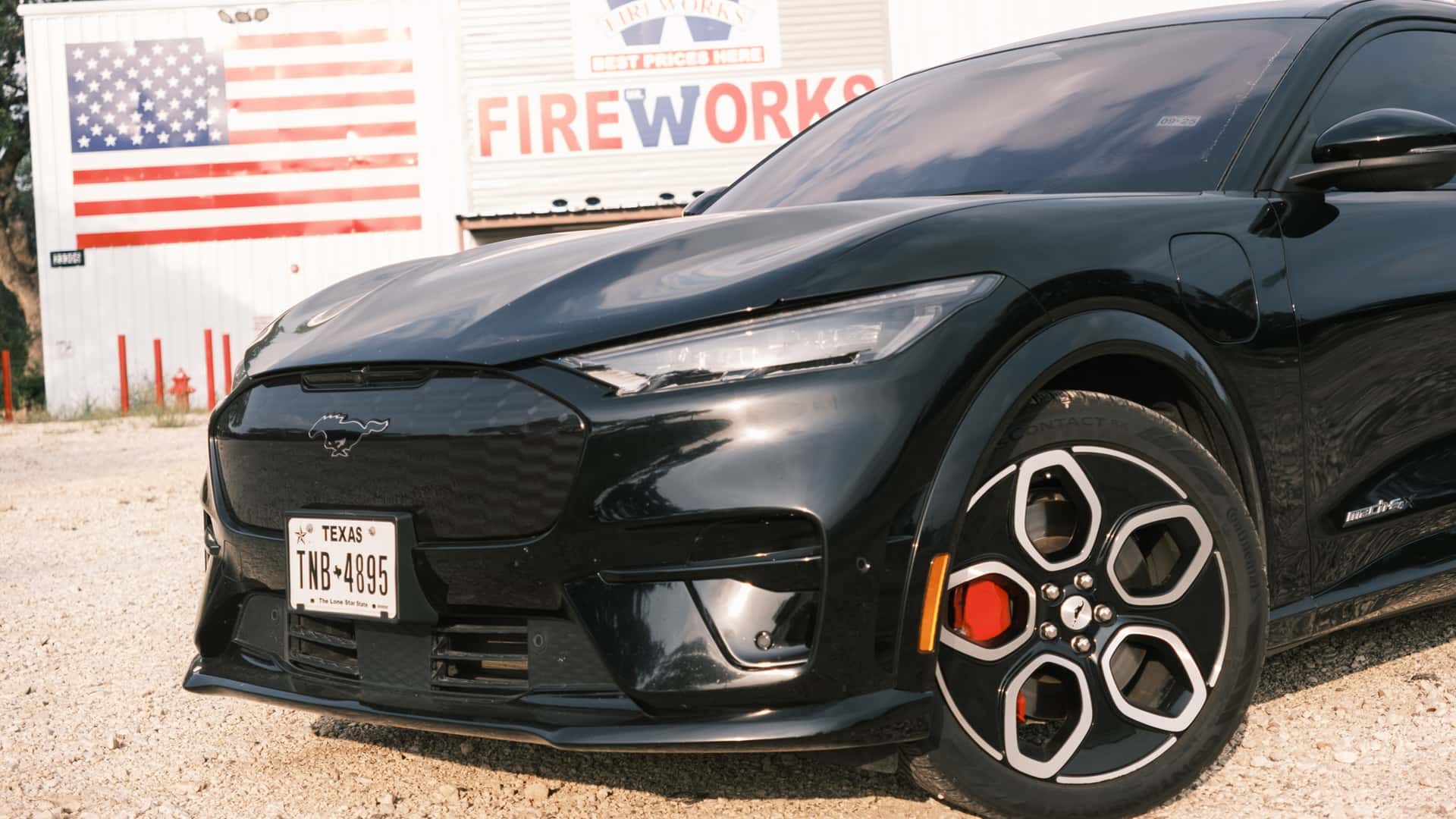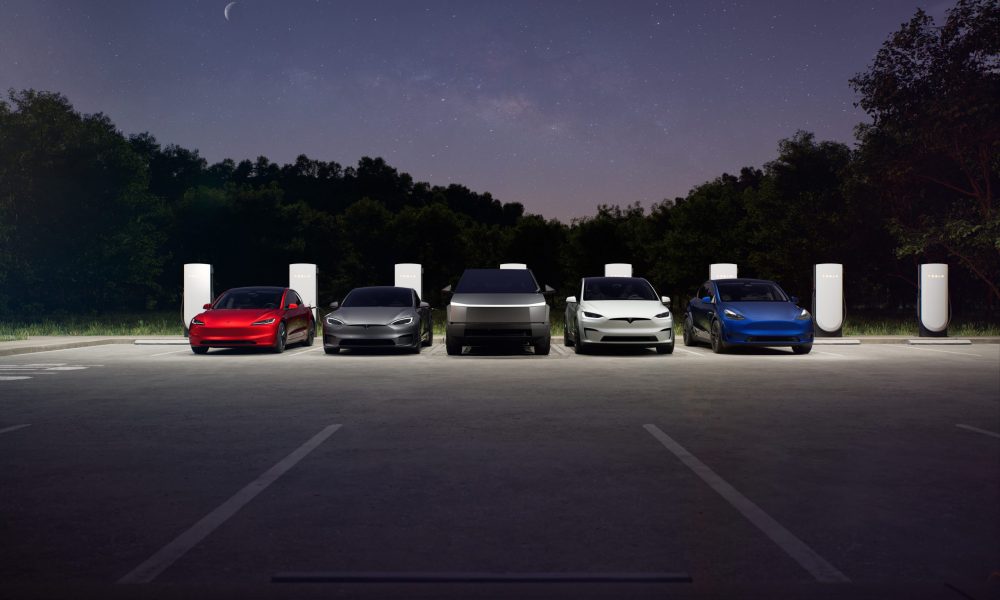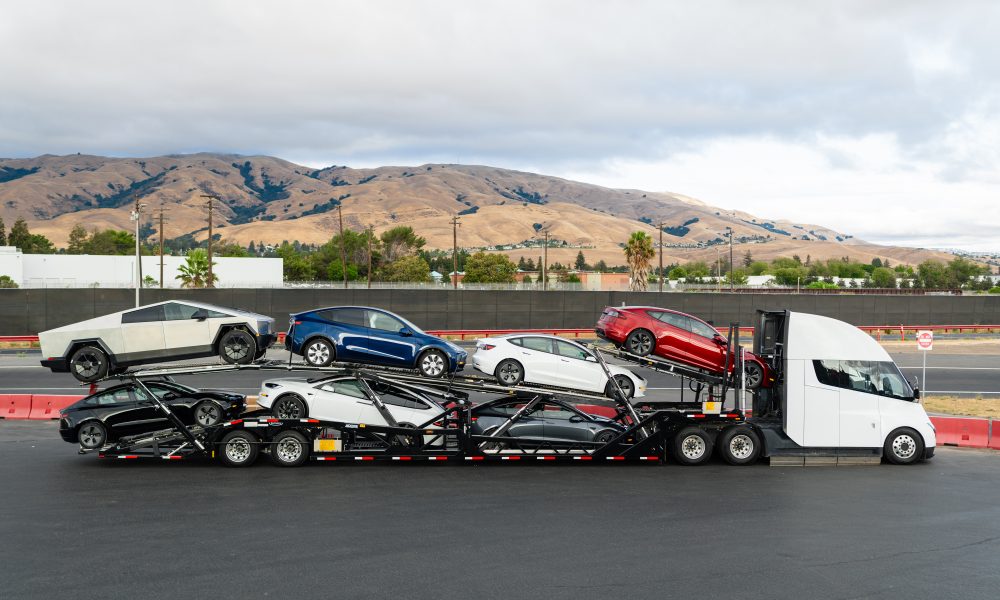#ev-tax-credit
#ev-tax-credit
[ follow ]
#tesla #electric-vehicles #automotive-industry #model-y #general-motors #vehicle-deliveries #ev-demand #rivian #ford
frominsideevs.com
2 months agoHyundai And Kia's EV Momentum Was Building Fast. Tariffs Changed Everything
It's being called the EV slowdown. It is the idea that electric vehicle sales in America are expected to either cool off or completely crash, depending on who you ask, now that the $7,500 tax credit is gone. Some of that is indeed part of a natural reality check, as it turns out not all new-car buyers in the U.S. are just ready to quit gasoline cold-turkey by the end of the decade.
Cars
fromFast Company
3 months agoA $30,000 American EV is possible. GM just did it
When the new Chevy Bolt arrives early next year, it will start at $29,995, making it one of the most affordable new EVs in the U.S. It's thousands of dollars cheaper than Tesla's "affordable" new versions of its Model 3 and Model Y. It's also significantly less expensive than the average gas car, and like other EVs, it's cheaper to operate.
Cars
frominsideevs.com
3 months agoWant A Cheaper Tesla Deal? You've Got About A Week
Tesla is slashing lease prices across most of its lineup for a limited time. You'll have to act quickly if you're in the market for a new Tesla, though. That's because the lower lease prices are only valid until the end of the month. Tesla has lowered the lease prices for most of the electric cars it sells in the United States, but the discounts won't last long.
Cars
fromTESLARATI
3 months agoTesla rival Xpeng shows off new flying car concept for 2027 release
The tax credit and EV subsidies have achieved what many of us believed they were doing: masking car companies from the truth about their EV demand. Simply put, their products are not priced attractively enough for what they offer, and there is no true advantage to buying EVs developed by legacy companies. These tax credits have helped companies simply compete with Tesla, nothing more and nothing less. Without them, their products likely would not have done as well as they have.
Business
frominsideevs.com
4 months agoAudi's Best-Selling Car Last Quarter Was Electric
You have to get up pretty early in the morning to take down the Audi Q5. It has long held Audi's sales crown in the U.S. and beyond for good reasonas far as gas-powered luxury crossovers go, it's tough to find a better one. And yet the Q5 was just dethroned in the U.S. this past quarter by its new all-electric sibling, the Audi Q6 E-Tron. Audi yesterday reported that it sold 10,059 Q6 E-Trons in the U.S. from July through September.
Cars
fromInsideEVs
4 months agoAcura Has Axed Its Electric SUV A Week Before The EV Tax Credit Ends
"Market conditions" could mean a lot of things, and none of them are great news for America's EV industry. There are the Trump administration's wide-ranging tariffs, which are hiking up costs and creating migraines for automakers foreign and domestic. And then, of course, there's the looming end to the federal EV tax credit on September 30. Honda did not elaborate on whether the expiring policy played a role in the decision, but the timing is hard to ignore.
Cars
Startup companies
fromFortune
4 months agoThe CEO of U.S.-made electric truck company Slate says removal of EV tax credit is 'opening up capacity' from battery suppliers | Fortune
Elimination of the $7,500 federal EV tax credit frees battery supplier capacity and pricing opportunities that may benefit new, affordable EV makers like Slate Auto.
fromFortune
5 months agoTrump's EV tax credit cuts are fueling a U.S. battery surplus that could lead to factory cancellations, 'a poison pill for U.S. manufacturing hopes'
Announced investments in battery manufacturing peaked in 2022, following the Biden-era Inflation Reduction Act meant to incentivize the production of electric vehicles and components, according to June 2025 data from research firmRhodium Group. In 2024, investments fell 80% from that 2022 peak, and in the first three months of 2025, companies cancelled a record $6 billion in battery manufacturing announcements.
US politics
[ Load more ]
